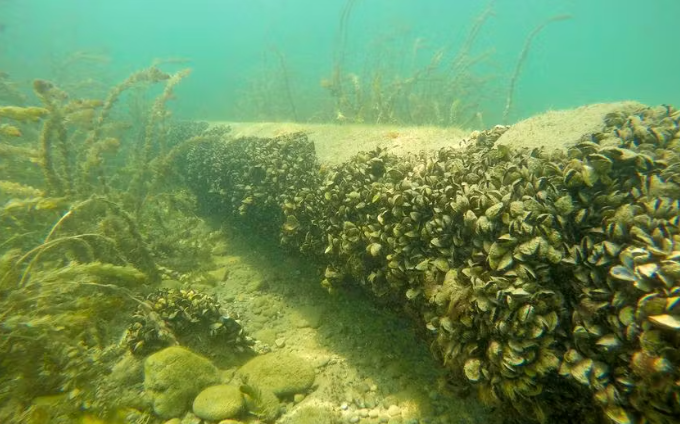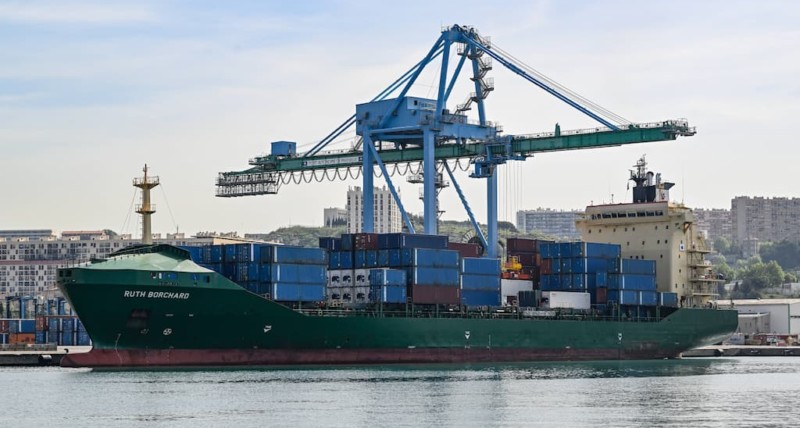To limit the spread of this invasive species in our lakes, Eawag researchers are focusing particularly on prevention among boat owners.
Immediate action is needed to prevent the further spread of the quagga mussel in Swiss lakes. »
This is the key message delivered on Tuesday by researchers from Eawag, the Swiss Federal Institute of Aquatic Science and Technology. « For each lake, each year that the quagga mussel is not detected is a year gained, » says Piet Spaak, biologist and mussel expert at Eawag.
This small mussel, originally from the Black Sea, is spreading both in Europe and North America. Switzerland is now dealing with this invasive species, which was first seen in the Rhine River in 2014. The problem: this species fundamentally alters ecosystems, causing, among other things, fish to find less food. Once it settles somewhere, the mussel is impossible to eradicate. In Swiss lakes affected by it, its presence could increase by 9 to 20 times over the next 20-30 years, according to Eawag. Worse, it clogs the pumping stations of the lakes.
Cleaning boats at all costs
This is why experts are calling for urgent action. First, by focusing on large-scale prevention among boaters. Their report reveals that in Switzerland, the quagga mussel is primarily transported by recreational boats. Boaters must therefore be required to declare and clean their boats, insists Eawag. Such regulations have already been introduced in some German-speaking cantons.
Experts also propose protecting the vulnerable elements of water conduits using filters and heat exchangers to prevent irreversible damage to buildings and facilities. Eawag further recommends conducting at least one environmental DNA analysis per year in uncontaminated lakes. « This approach allows for the early detection of possible colonization by the quagga mussel, » they explain.
Finally, it should be noted that Eawag, which set up a specialized service for the quagga mussel on April 1st, is also « strongly » advocating for cooperation with international protection commissions for Lake Geneva, Lake Maggiore, as well as those of Lake Constance and Lake Lugano.
Source: 20min




